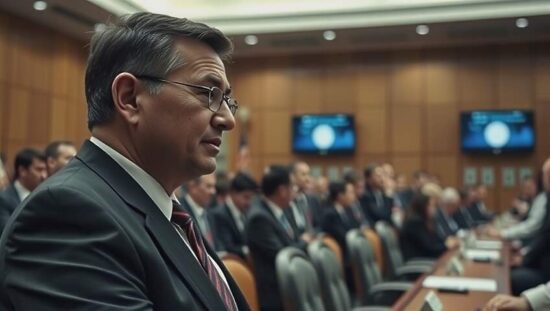The international climate negotiations underway in Belem, Brazil, are facing significant headwinds, complicated by a disruptive fire at the conference venue, according to German Environment Minister Carsten Schneider. Speaking to RTL and ntv, Schneider described the incident as “a shock” that has exacerbated existing tensions and made reaching a consensus increasingly difficult.
Schneider highlighted two critical sticking points for the European Union: a definitive timeline for phasing out fossil fuels and significantly strengthened, credible pathways for emissions reduction. He expressed cautious optimism regarding the latter, noting that Brazilian President Lula had committed to addressing this issue in a personal conversation. However, Schneider emphasized that robust reduction pledges are an absolute prerequisite for a successful outcome, stating that without them, achieving a justifiable result in the face of accelerating global warming – acutely felt in Belem itself – would be untenable.
When pressed on whether he would prioritize a flawed agreement over failure to reach one, Schneider acknowledged the possibility, declaring, “All cards are on the table”. While his primary aim is a successful outcome predicated on collective action from the global community, he conceded that inaction remains an option should progress falter. He maintains hope that a breakthrough might still occur in the final stages of negotiation, comparing the situation to “the 80th minute” of a crucial match, when unexpected developments are possible.
Following recent public criticism of Chancellor Friedrich Merz’s visit to Belem, Schneider indicated that diplomatic relations between Germany and Brazil have seemingly been repaired. He expressed confidence that the misunderstandings have been resolved, pointing to a greeting exchanged between him and President Lula and the expected presence of the Brazilian leader at weekend events.
Addressing the controversy surrounding Merz’s remarks, Schneider reiterated that the Chancellor’s intention was not to offend Brazil or its people, emphasizing the strength and durability of the friendship between the two nations. However, the disruption of the conference and the persistent disagreements over climate action underscores the fragility of international cooperation and raises serious questions about the efficacy of the current negotiation process.





